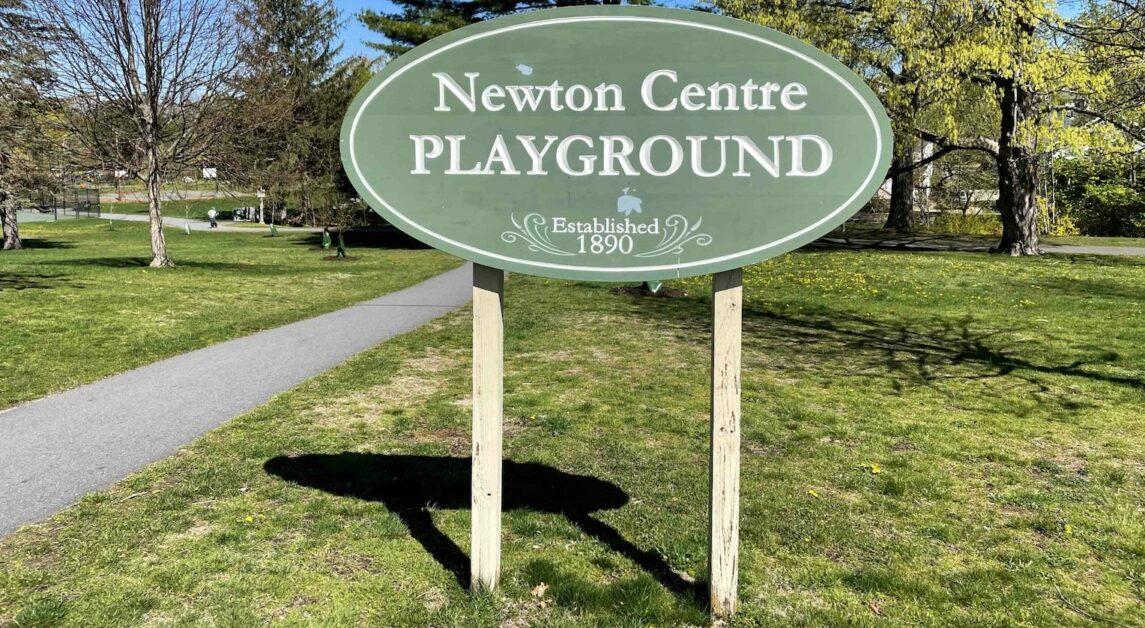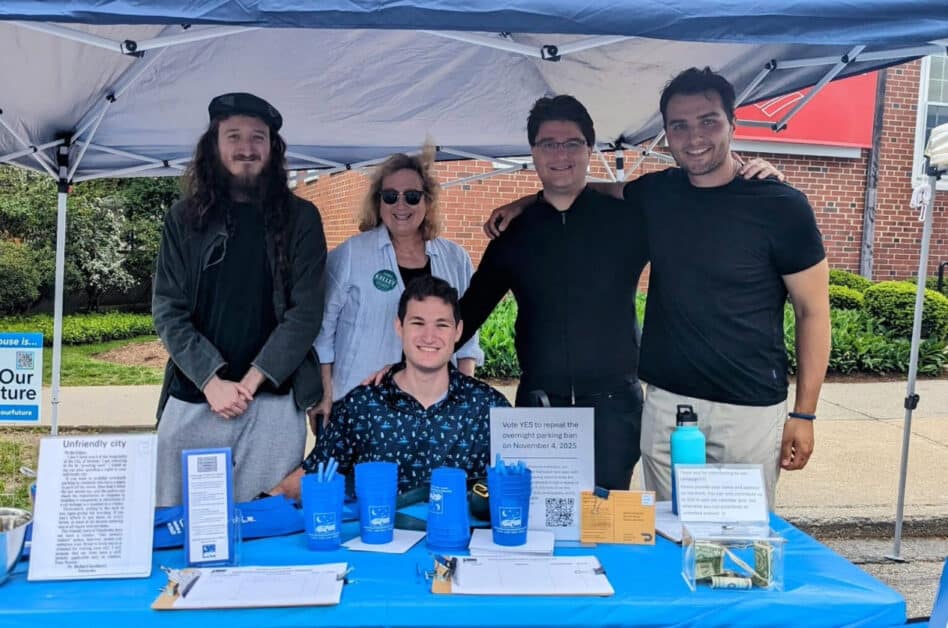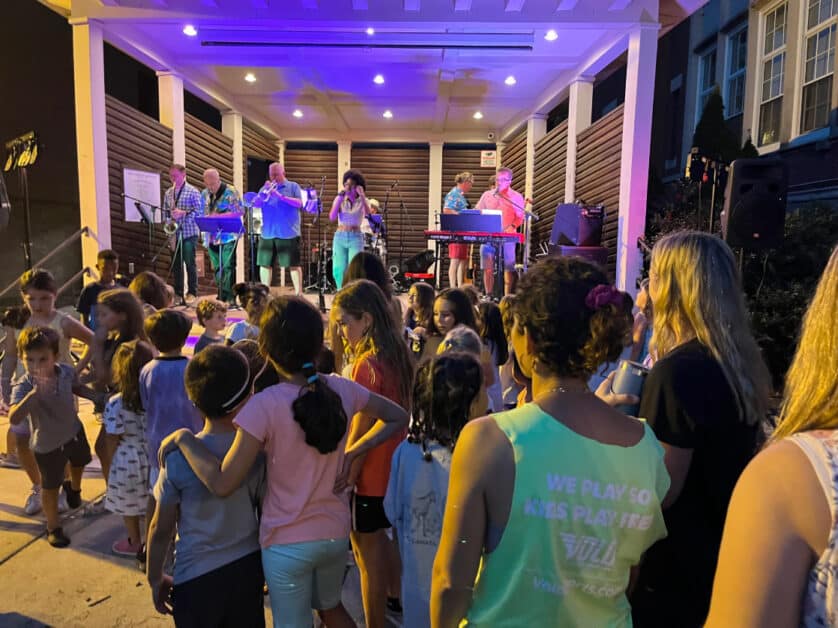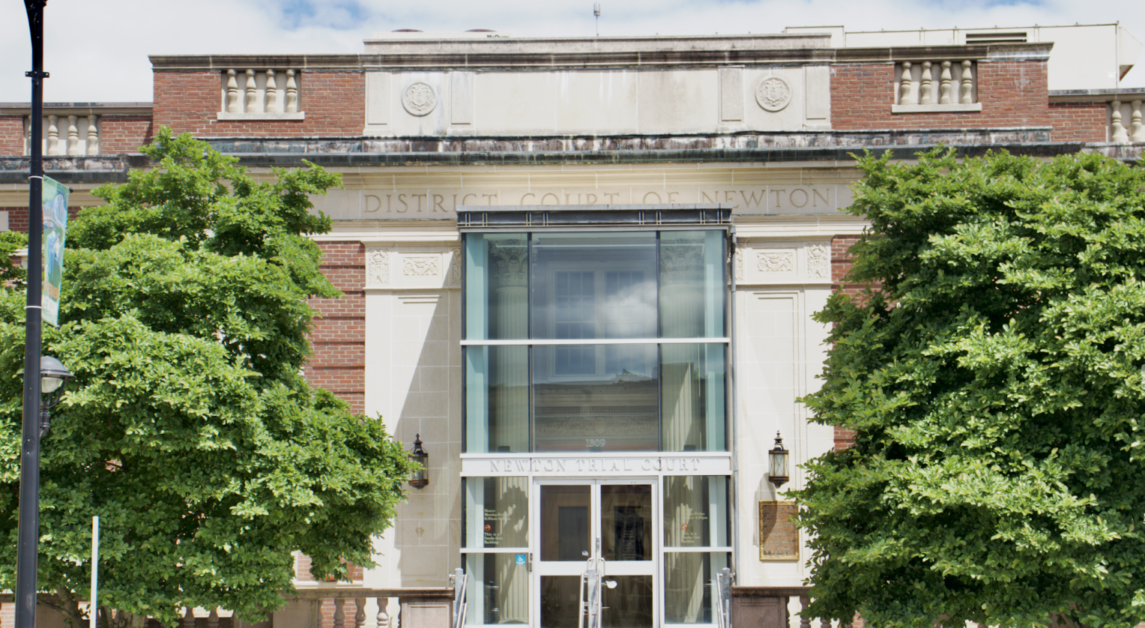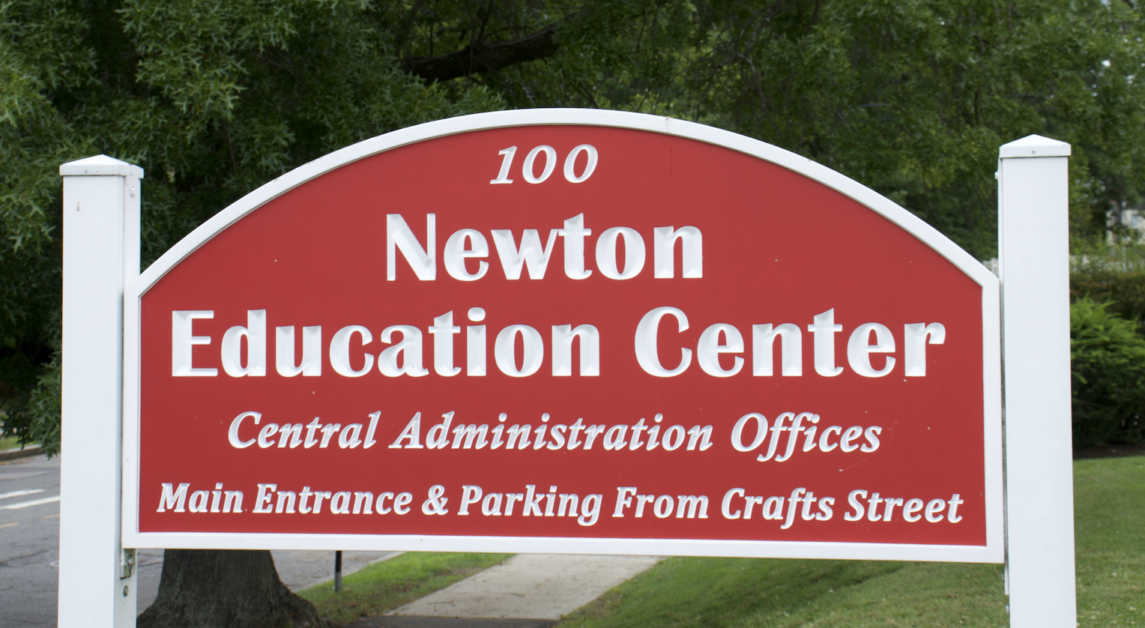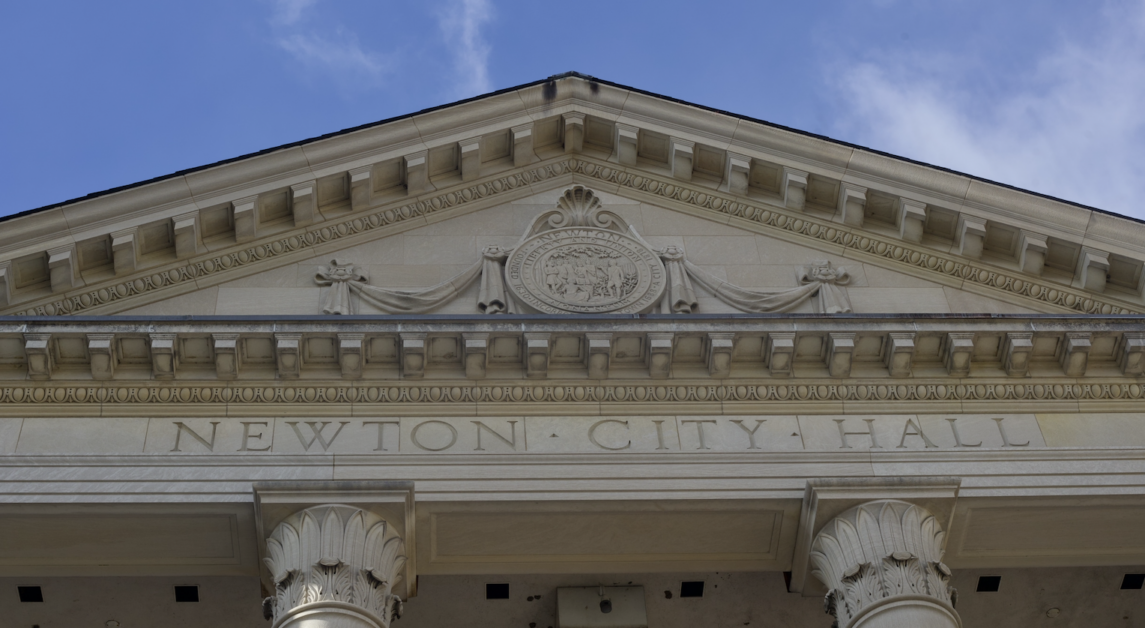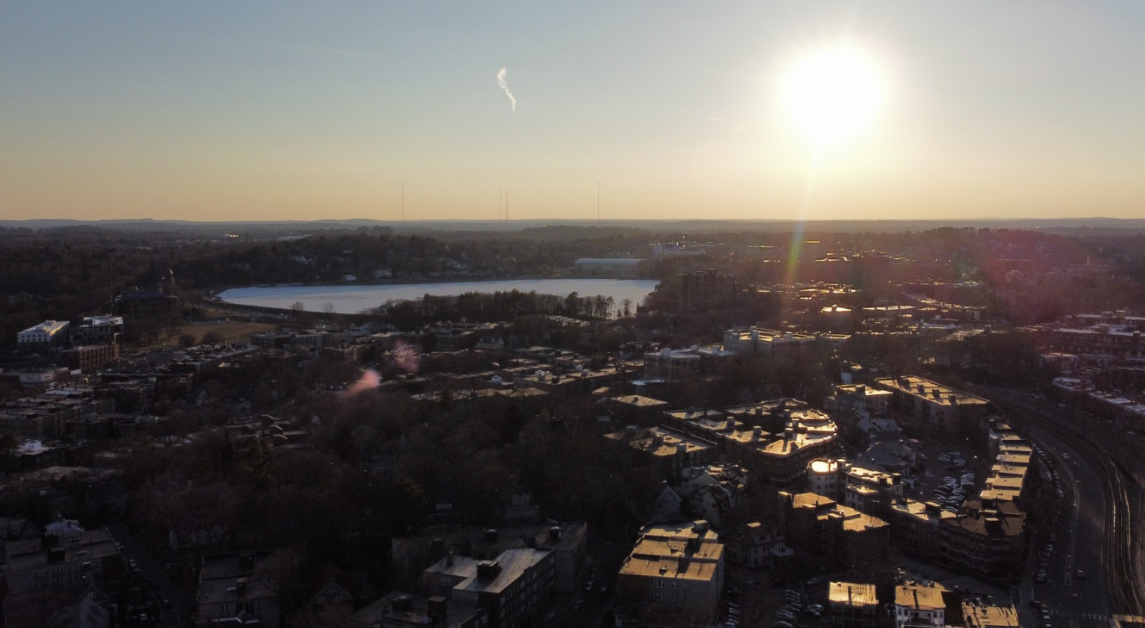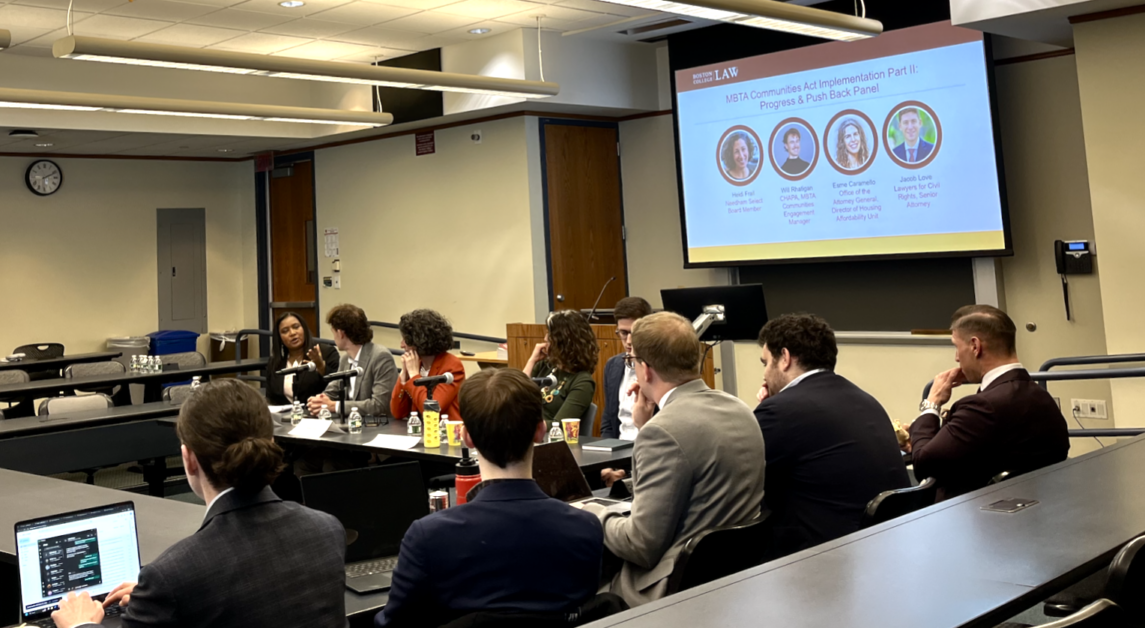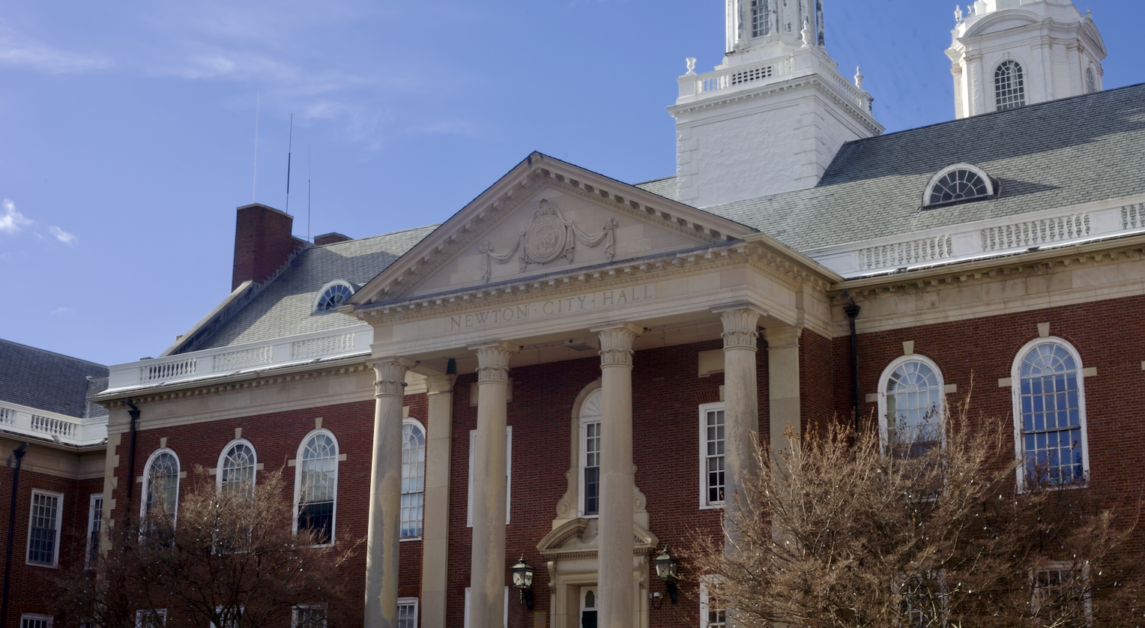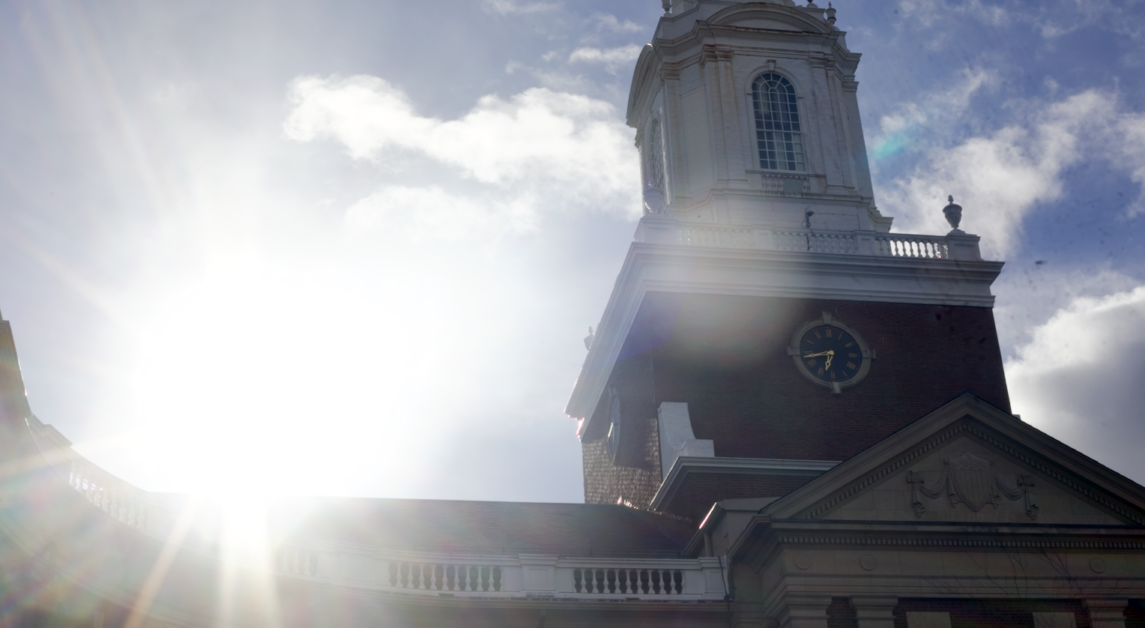Newton Mayor Ruthanne Fuller outlined how a proposed $15 million tax hike would impact Newton parks and recreation spaces at a Wednesday Zoom meeting.
“The big picture is we’ve got such a fabulous community,” Fuller said. “And we’ve been fortunate to get a lot of different funding sources in the last few years, but right now we are finding that to take care of our assets such as our parks, and athletic fields, and courts in the way that all of us want, we need to have additional dollars to do it, to meet our expectations.”
From the proposed increase, $1 million would go toward parks, fields, courts, and playgrounds, and an additional $500,000 would go toward restoring trees. Residents provided feedback—mostly in favor of the tax increase—to Fuller and other city officials during the question-and-answer part of the webinar.
Fuller said she hopes the proposed increase will work with Newton families’ budgets. She encouraged residents to use the city’s tax assistance program if they are in need of help. “We’re mainly here to answer your questions and see what’s on your mind,” Fuller said. “I’m very cognizant of the fact that this is a very difficult time in our economic cycle, plus the anxiety all of us are feeling from the pandemic is still very much among us.”
Nicole Banks, commissioner of Newton’s Parks, Recreation, and Culture Department, highlighted how the increase would impact public spaces in a presentation.
Banks talked about how further investments in playgrounds, courts, and fields are important for children and teenagers in Newton. During a Q&A session, some residents called for further investments in Newton’s public tennis courts.
The tax hike would also give Newton funds to restore trees along the city’s streets, according to Marc Welch, the deputy commissioner of Newton’s Parks, Recreation, and Culture Department.
“Our goal with this potential override is to really work towards restoring our street tree canopy and focusing on what it takes to bring back what we once had many years ago,” Welch said.
The tree restoration includes plans to plant up to 8,000 new street trees before 2030, according to the Welch, as well as pruning mature trees and caring for younger ones.
Welch said the restoration would remove atmospheric carbon before 2030 and reduce stormwater runoff. In November, the city will host a Q&A where residents could ask specifically about how the hike would impact trees.
There will also be a talk in November dedicated to the discussion of funds for trees, and it will be open to any community members who have further questions, according to Welch.
The increase would require a majority vote at a special election, set tentatively for March, to override Massachusetts’ Proposition 2 ½, which places a 2.5 percent cap on annual increases in levy limits.
Jonathan Yeo, the city’s chief operating officer, said at the meeting that neighboring cities like Brookline, Lexington, Needham, and Wellesley use tax overrides more frequently than Newton.
“We’ve been able to do a great deal in this city over the last decades without an override, but we have reached the point in time where, if we are going to move forward with these critical investments, we will need extra revenue,” Yeo said.

